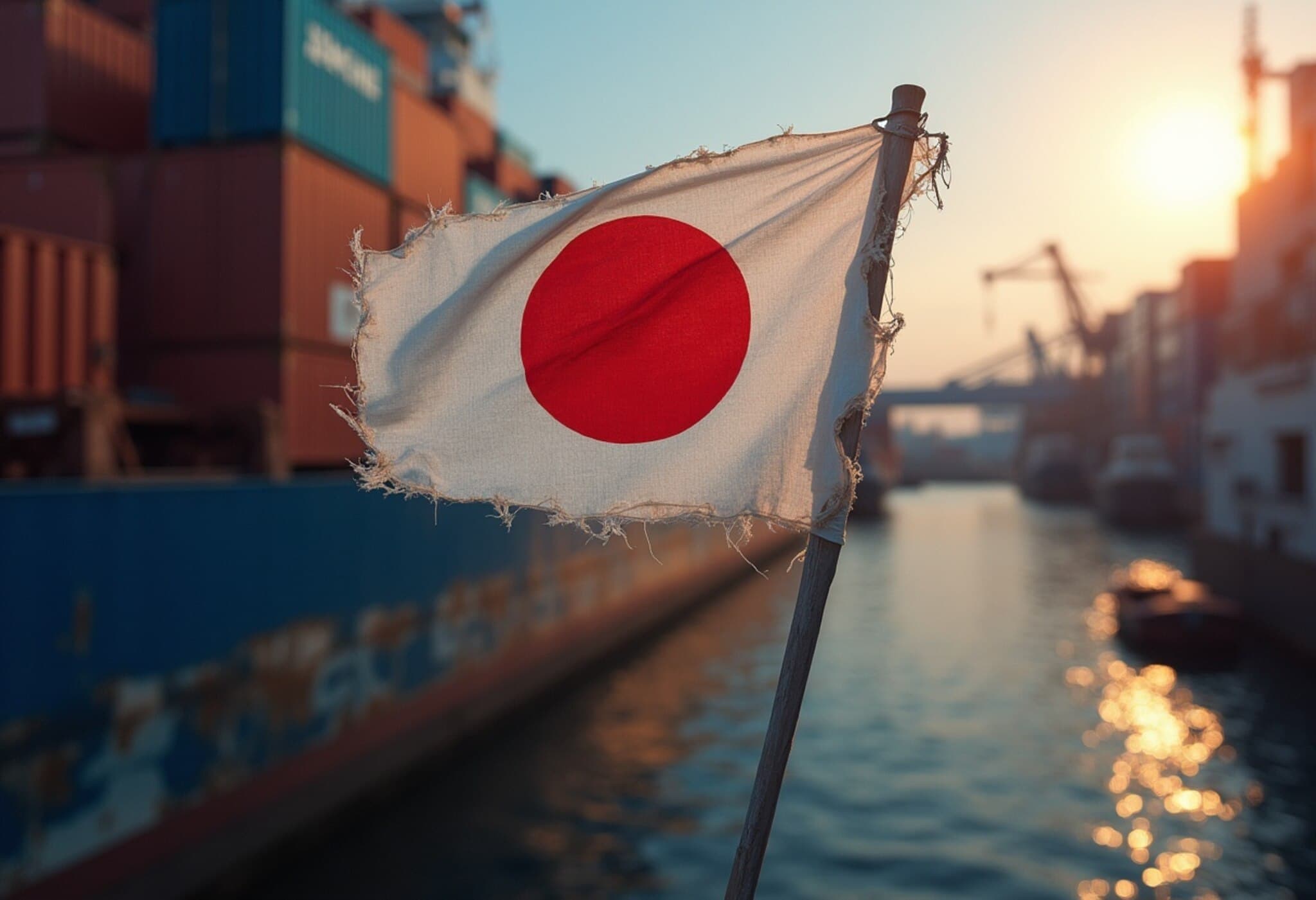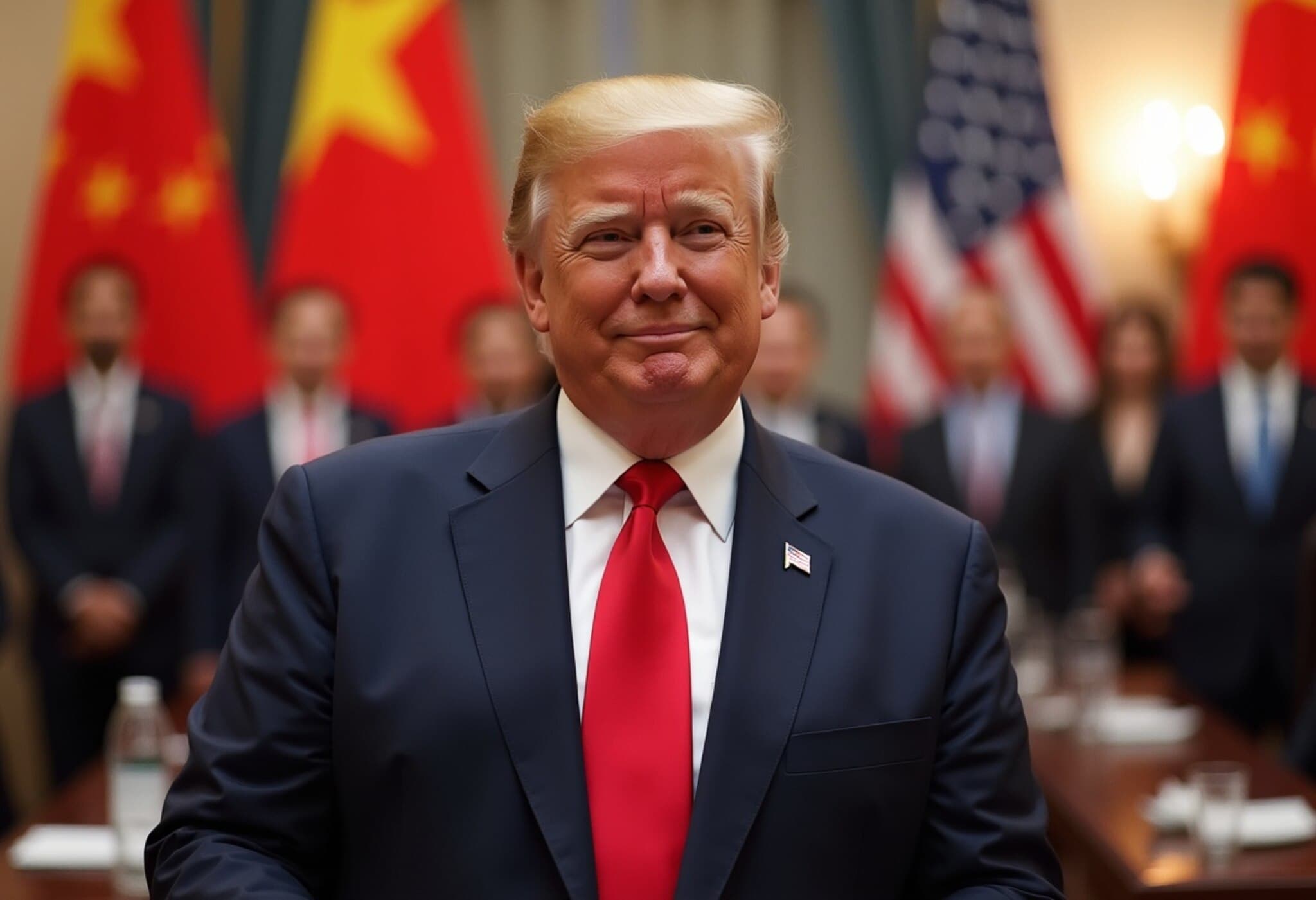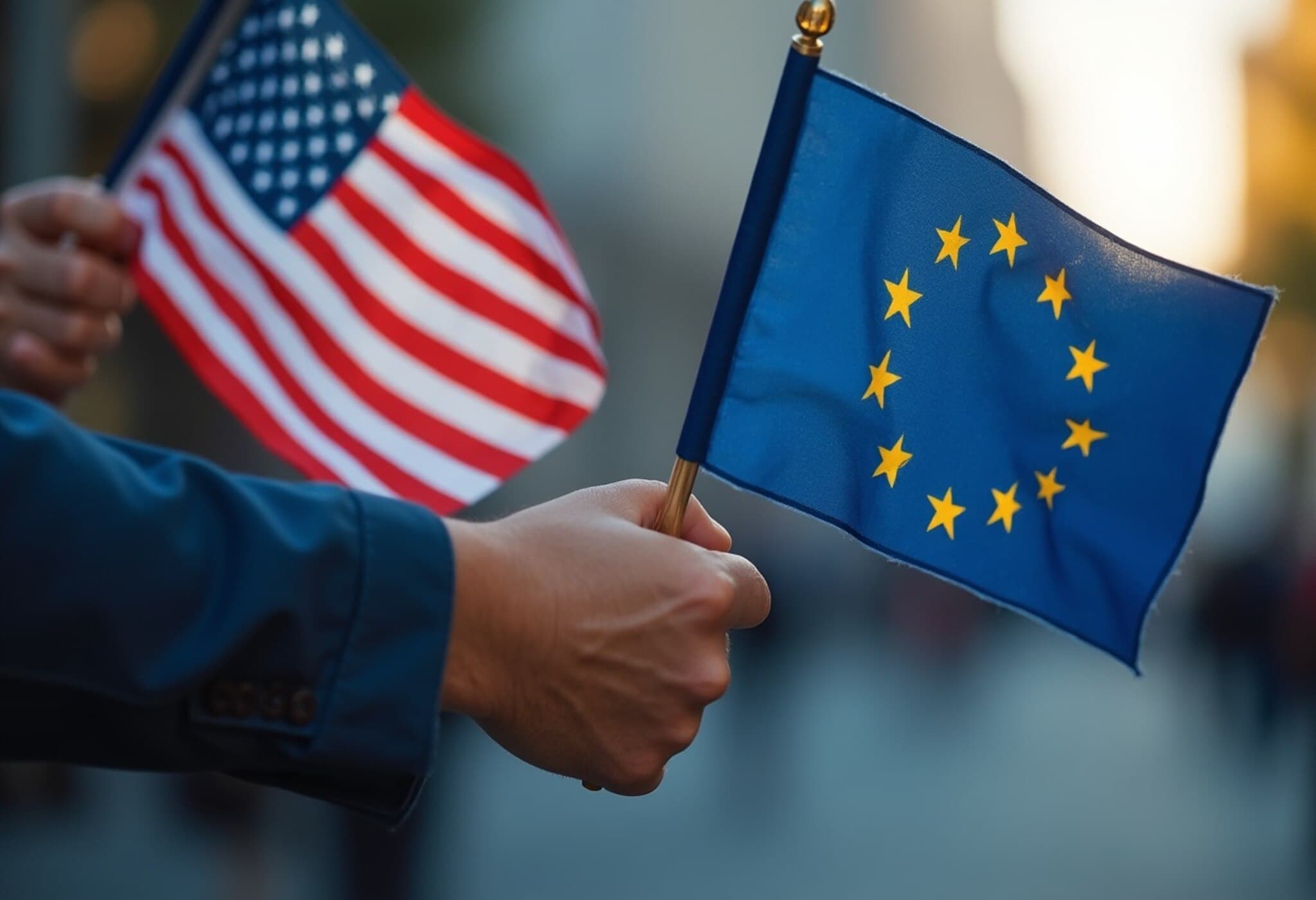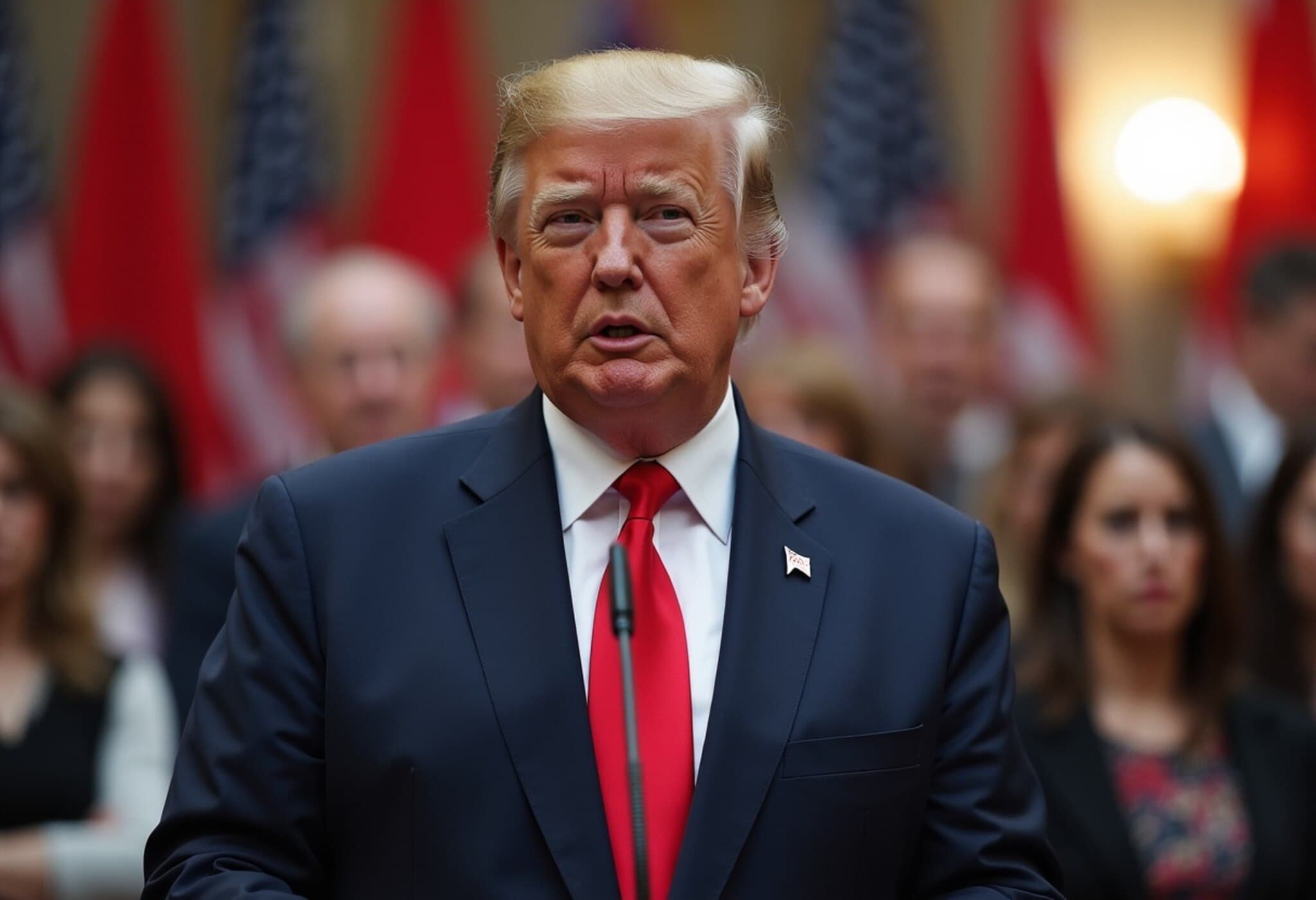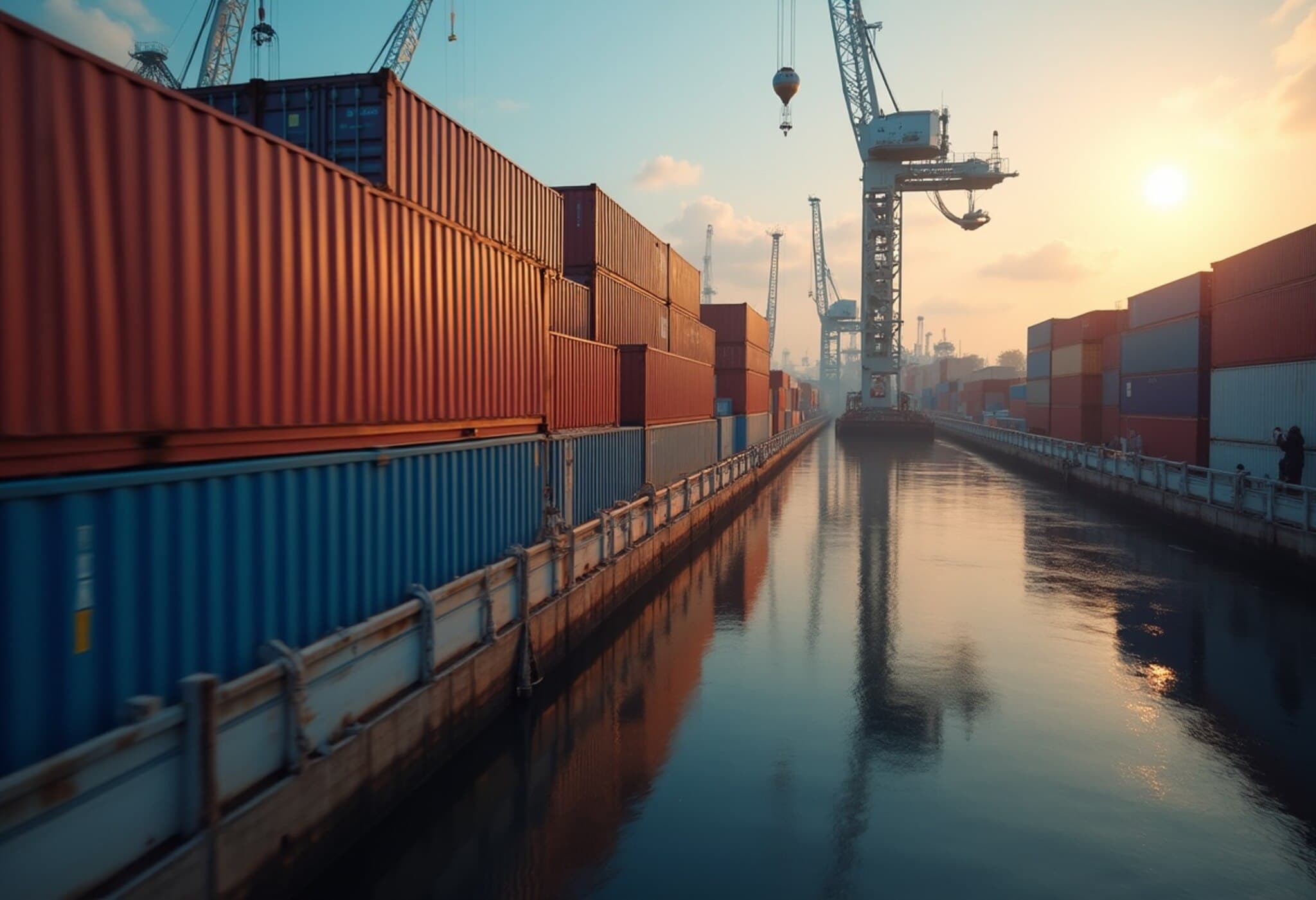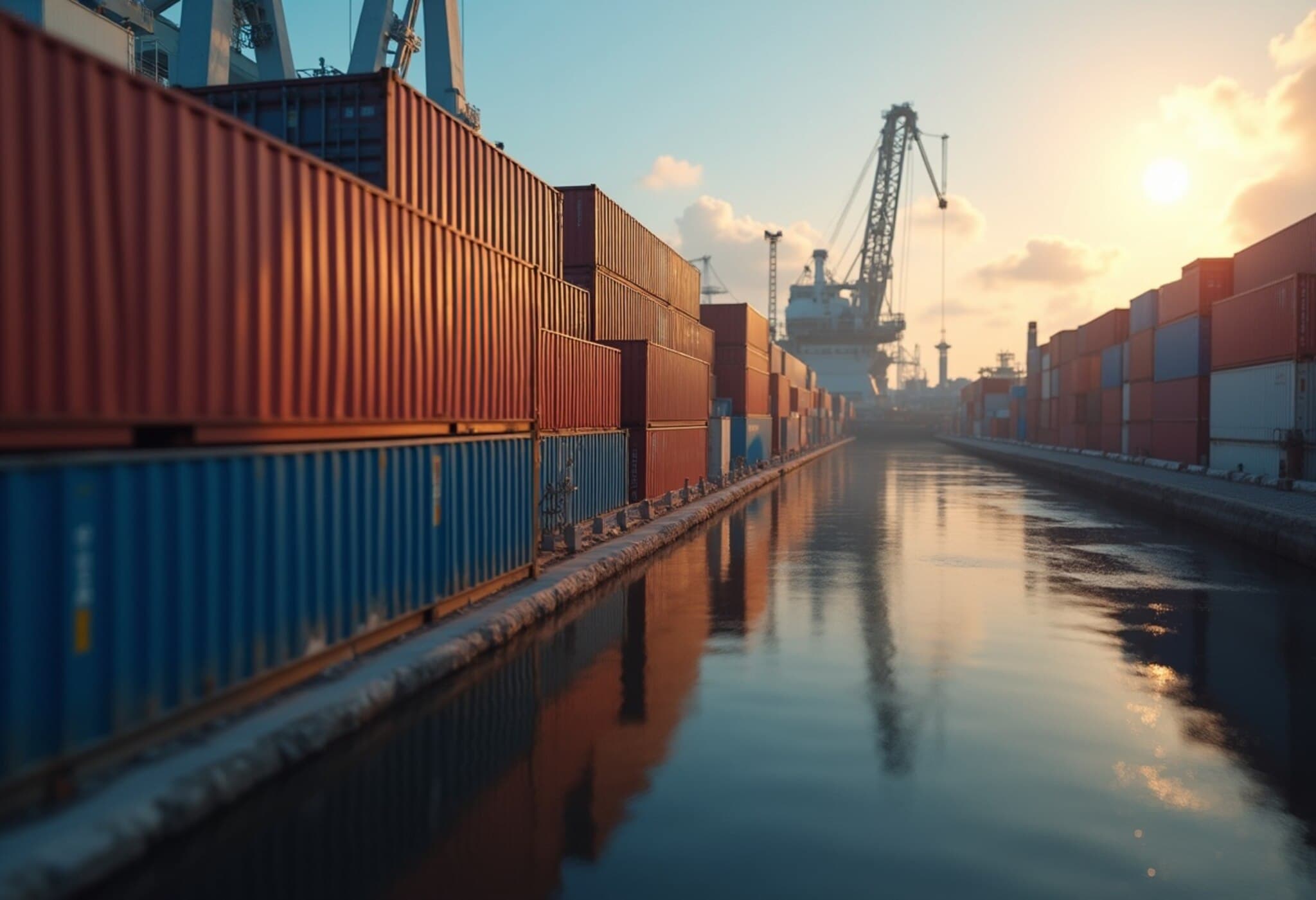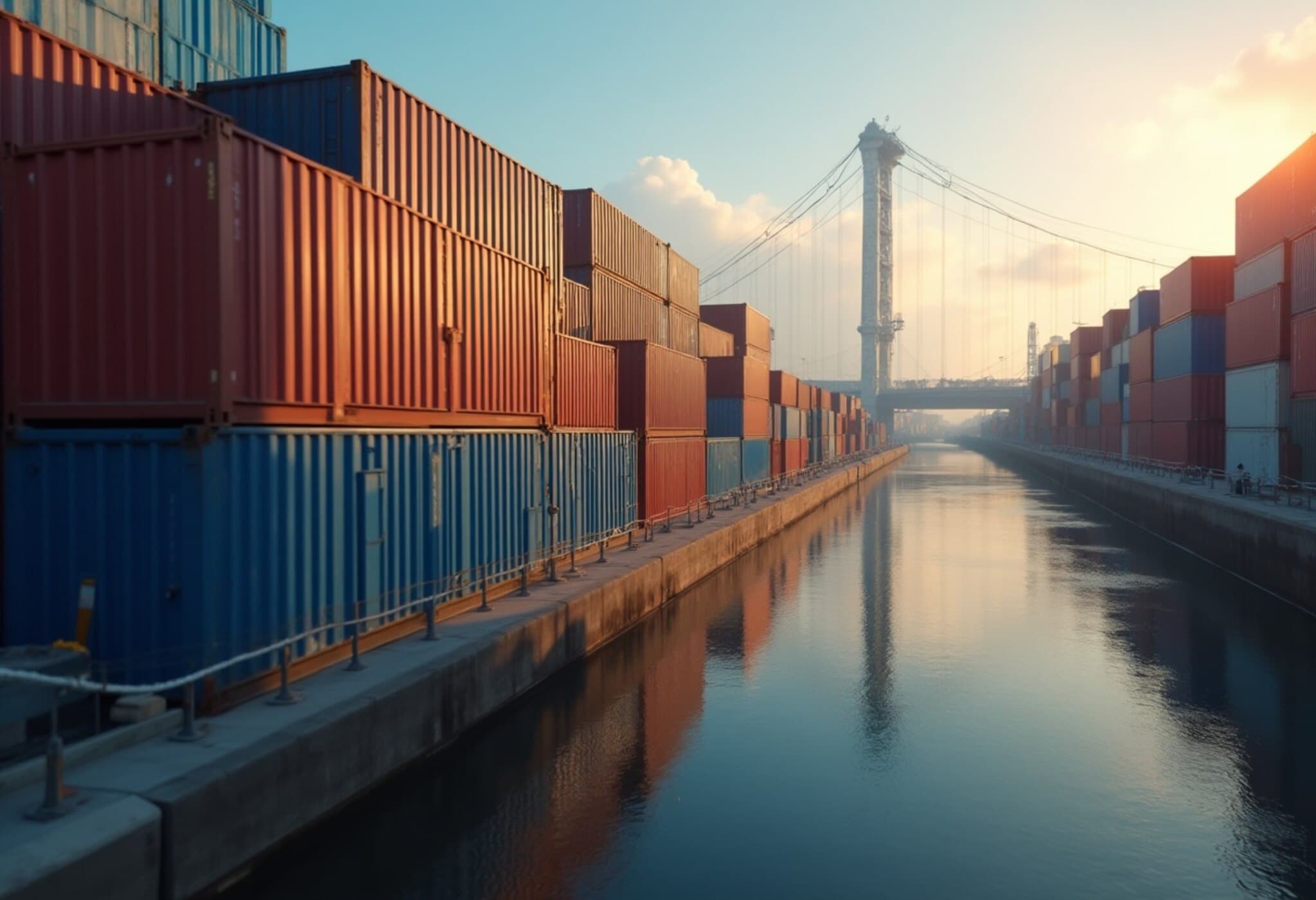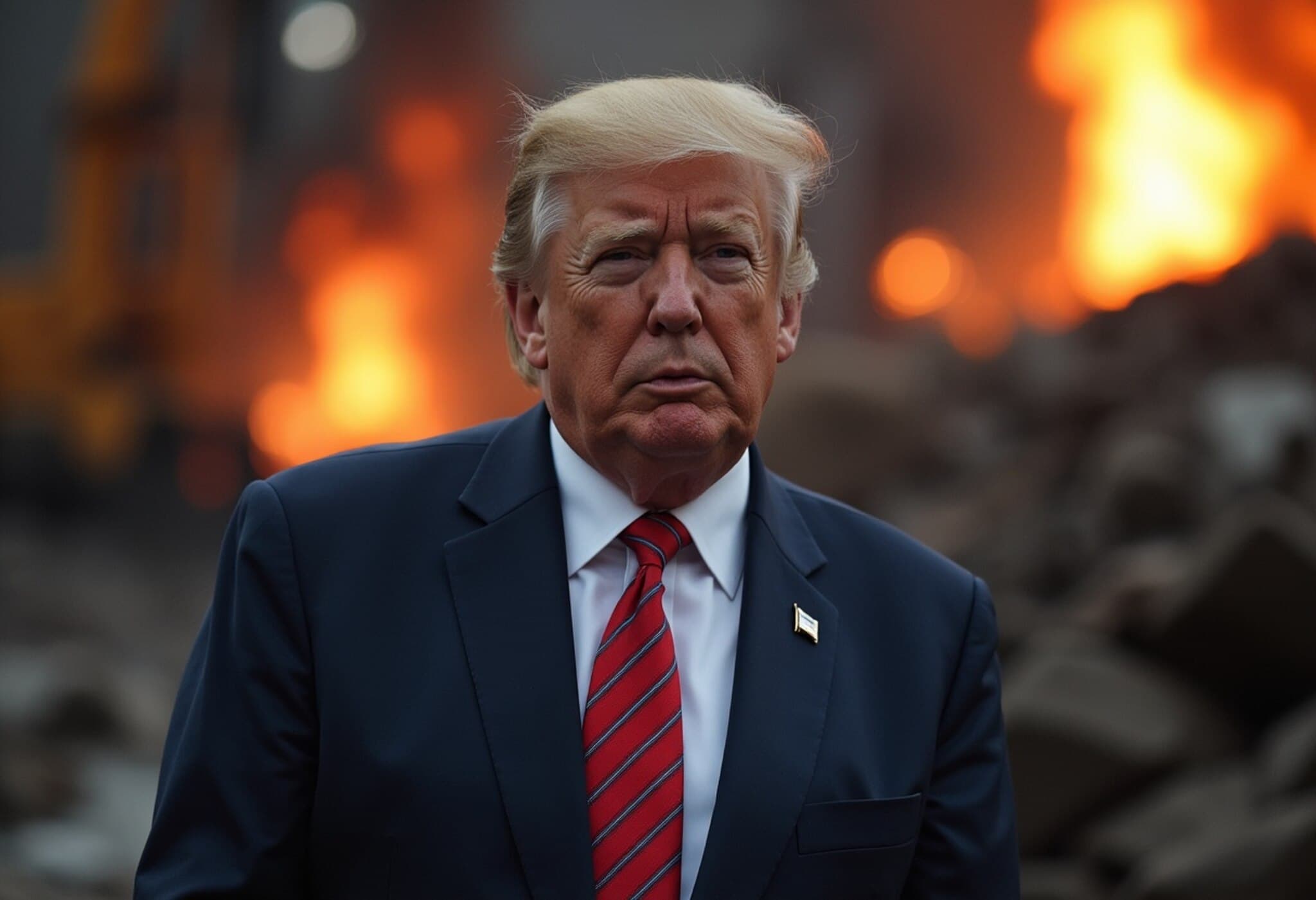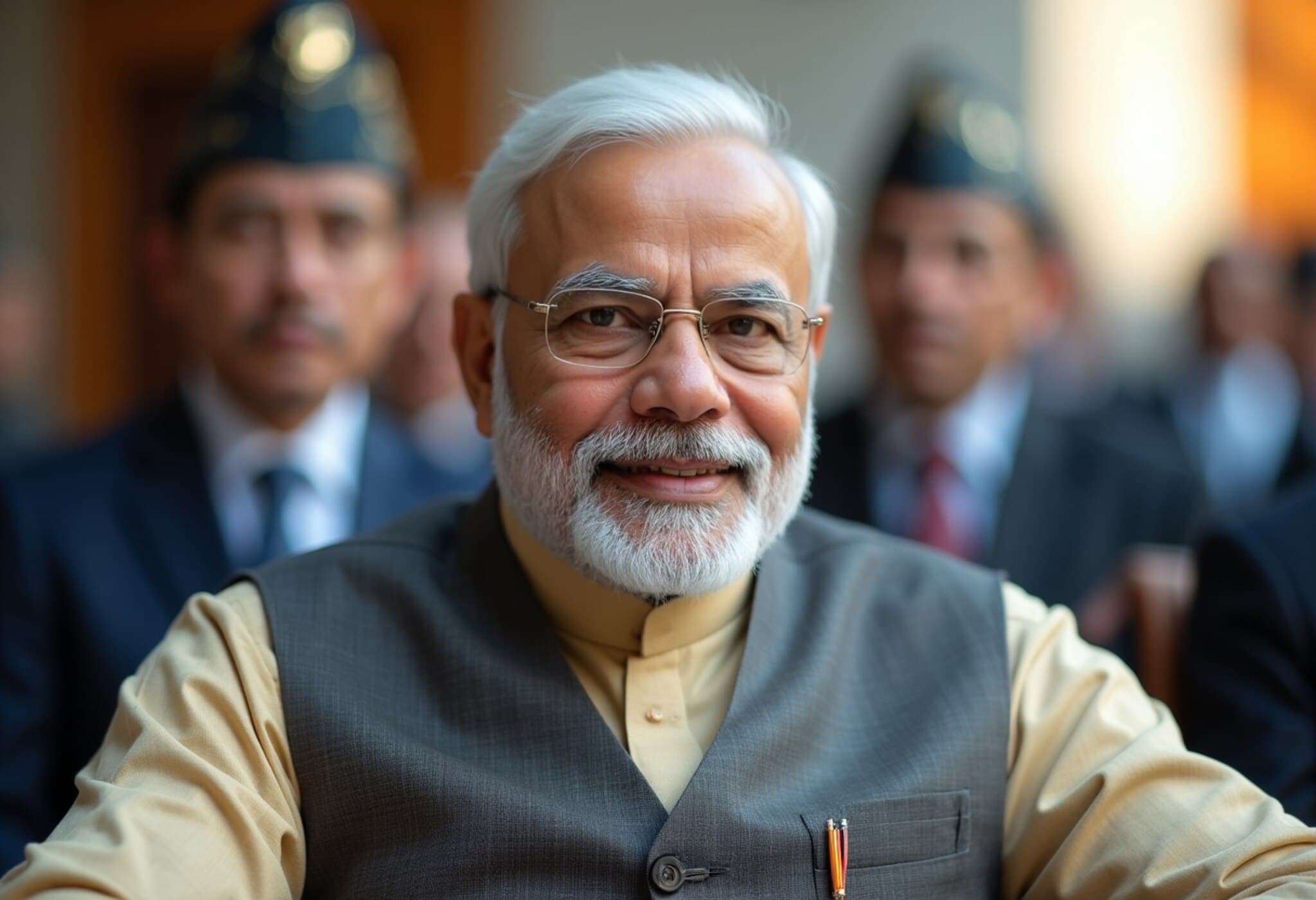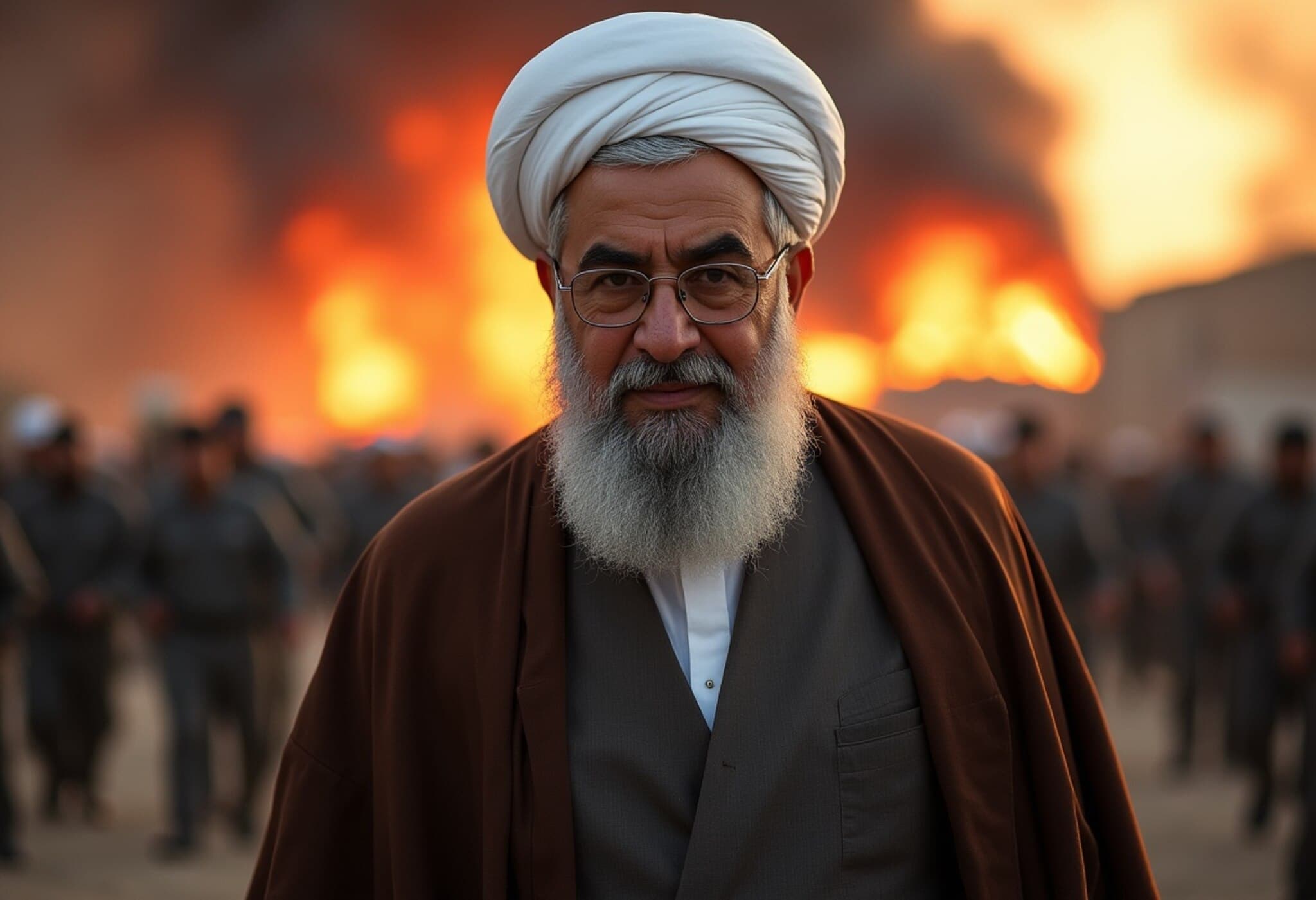Japan Faces Steep Export Drop Amid Rising Trade Challenges
In May, Japan's exports fell by 1.7% year-over-year, marking the most significant decline since September 2024. This drop comes amid ongoing trade uncertainties and economic headwinds. While the decrease was less severe than the 3.8% plunge that economists had anticipated, it reversed the modest 2% growth seen in April.
Sharp Declines in Key Markets
Exports to the United States were particularly hard hit, plunging 11.1% from a year earlier. Similarly, shipments to China, Japan's largest trading partner, fell by 8.8%. The automobile sector — a cornerstone of Japan's export economy — recorded a 6.9% drop overall, with exports of motor vehicles to the U.S. tumbling a staggering 24.7%.
Trade Risks and Tariff Pressures Loom Large
Japan's heavy reliance on exports like automobiles and electronics leaves it vulnerable to shifts in U.S. trade policies. During the previous U.S. administration, proposals for steep tariffs, including a 25% tariff on cars, were deferred but continue to generate uncertainty. Starting July 9, a new 24% reciprocal tariff on other Japanese exports to the U.S. is set to take effect, threatening to further dampen market access and raise consumer prices.
Despite these challenges, Japan benefits from strategic exemptions—such as relief from some steel tariffs imposed in 2018—and has focused on diversifying its trade relationships through major agreements like the Comprehensive and Progressive Agreement for Trans-Pacific Partnership (CPTPP) and the Regional Comprehensive Economic Partnership (RCEP). These efforts aim to reduce excessive dependence on the U.S. market.
Economic Implications and Outlook
Alongside falling exports, Japan's imports also declined sharply by 7.7% in May, compared to the expected 6.7% drop. This dynamic contributed to a narrower trade deficit of 637.6 billion yen, which was below forecasts.
The recent export slump has already impacted Japan’s broader economy. In the previous quarter, GDP contracted by 0.2% on a quarter-on-quarter basis — the first contraction in a year. The Bank of Japan has signaled expectations for a growth moderation ahead, citing trade tensions and weakening overseas demand as primary concerns. The central bank noted the significant uncertainty surrounding evolving trade policies globally and their effects on economic activity and prices.
Looking Ahead: Negotiations and Economic Risks
Efforts to resolve trade disputes continue but remain fragile. Reports indicate that after multiple negotiation rounds involving Japan's chief negotiator and senior U.S. officials, no breakthrough has been reached. This stalemate adds to the risk that tariffs and trade barriers could persist or intensify, potentially undermining Japan's export-driven growth model in the near term.
Key Takeaways
- Japan’s exports fell 1.7% in May — the sharpest dip since September 2024.
- Shipments to the U.S. dropped by 11.1%, with auto exports plunging nearly 25%.
- Imports decreased by 7.7%, leading to a smaller-than-expected trade deficit.
- Trade disputes and looming tariffs pose ongoing risks to growth and market access.
- Japan is diversifying trade ties through CPTPP and RCEP to lessen reliance on the U.S.
As Japan navigates these challenges, upcoming policy decisions and international negotiations will be pivotal in shaping the country's economic trajectory.

